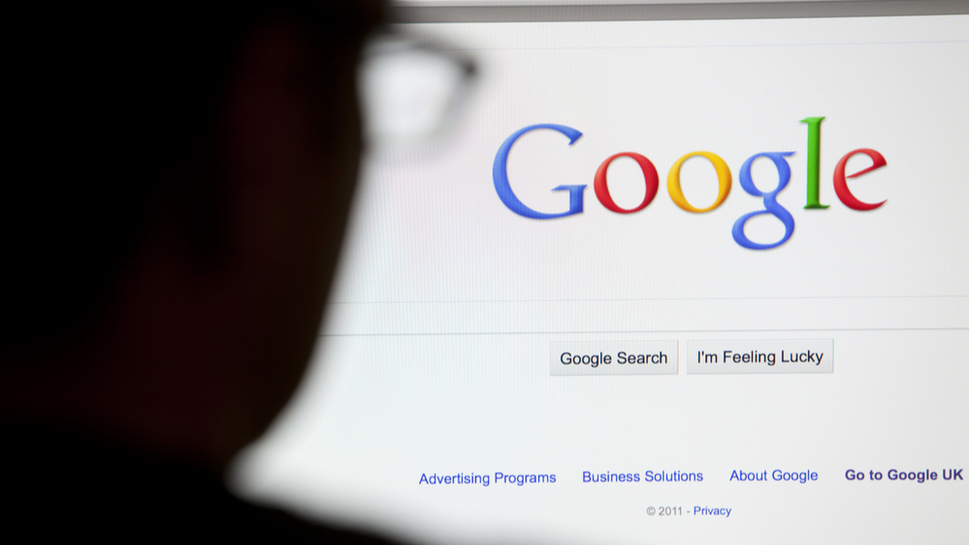Google open-sources its privacy systems
Working with aggregate data just got a whole lot easier

Google is making things a bit easier for developers with the release of an open-source version of the differential privacy library that it uses to power some of its own products.
Developers will now be able to use this library to build their own tools that can utilize aggregate data without the fear of revealing personally identifiable information.
In a blog post announcing the new open-source differential privacy library, Google gives the example of how a health researcher may want to compare the average amount of time patients remain admitted in various hospitals in order to determine if there are differences in care. Before this would be difficult to do without jeopardizing the privacy of the patients involved.
- Americans reluctant to pay for privacy
- What is Google Cloud Storage?
- How smart devices are leaving consumer privacy vulnerable
Product manager of Google's privacy and data protection office, Miguel Guevara provided further details on how developers, businesses and government agencies can use its differential privacy library to gain greater insights from data, saying:
“Whether you're a city planner, a small business owner, or a software developer, gaining useful insights from data can help make services work better and answer important questions. But, without strong privacy protections, you risk losing the trust of your citizens, customers, and users. Differentially-private data analysis is a principled approach that enables organizations to learn from the majority of their data while simultaneously ensuring that those results do not allow any individual's data to be distinguished or re-identified. This type of analysis can be implemented in a wide variety of ways and for many different purposes.”
Differential privacy library
According to Google, the current version Apache-licensed C++ differential privacy library focuses on giving developers access to features which are difficult to build from scratch. The library also includes many standard statistical functions such as think count, sum, mean, variance etc. that developers require to better analyze their data.
The library itself even contains an additional library which developers can utilize for “rigorous testing” along with a PostgreSQL extension and several recipes to get them started.
Are you a pro? Subscribe to our newsletter
Sign up to the TechRadar Pro newsletter to get all the top news, opinion, features and guidance your business needs to succeed!
With the introduction of GDPR and other data protection regulations, working with personal data has become more difficult for businesses as they can now be held accountable for any data breaches or data leaks. However, Google has now given developers a useful tool which will allow them to build tools that can analyze personal data without compromising the privacy of the users whose data their working with.
Interested developers can find the company's new differential privacy library on GitHub and begin using it to work with aggregate data today.
- Protect your privacy online with the best VPN services of 2019
Via TechCrunch
After working with the TechRadar Pro team for the last several years, Anthony is now the security and networking editor at Tom’s Guide where he covers everything from data breaches and ransomware gangs to the best way to cover your whole home or business with Wi-Fi. When not writing, you can find him tinkering with PCs and game consoles, managing cables and upgrading his smart home.
